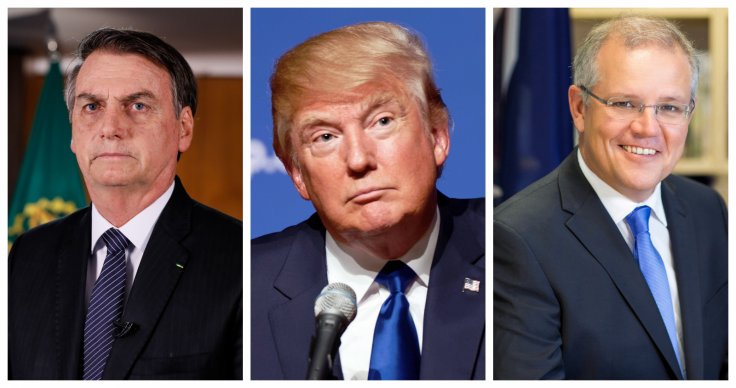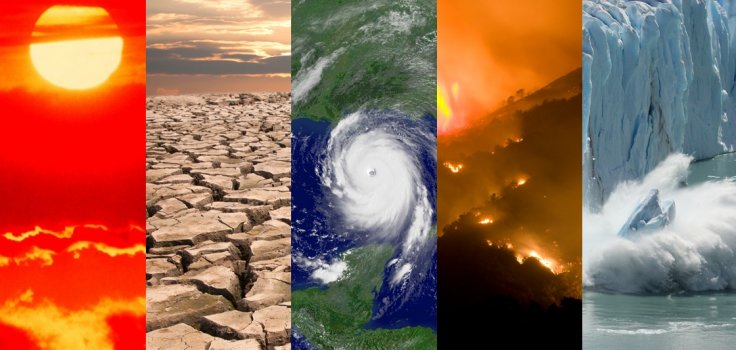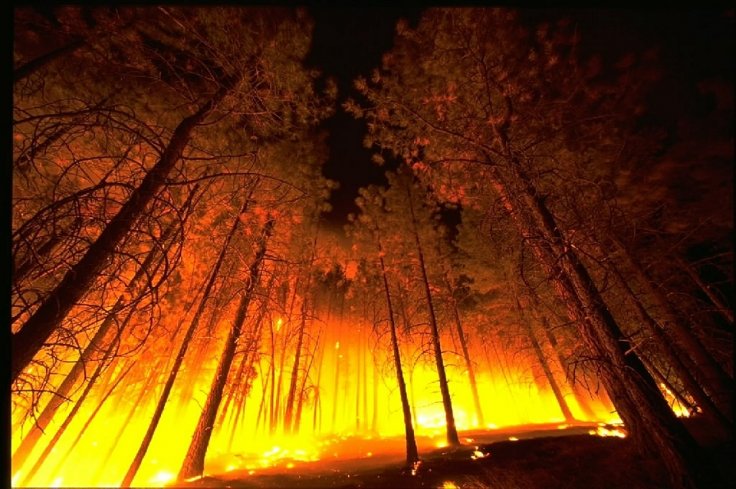Millions of wild species of plants and animals are moving toward extinction. But still several world leaders such as US President Donald Trump and a few others find it hard to believe in environmental issues.
Last month, 70 world leaders vowed to take required action to reduce the level of human-caused environmental hazards and signed the "Leaders' Pledge for Nature," but there were some notable exceptions among those who declined to sign it. They include the US President Trump, who has been calling global warming a "hoax," as well as his Brazilian counterpart Jair Bolsonaro and also Australian Prime Minister Scott Morrison.
But this kind of negative attitude was expected from these leaders, as in the past few years their actions and the comments about the environmental crisis, climate change, and biodiversity issues have served as the evidence of their reluctant behavior.

What They Did
As soon as Trump became the President and entered the White House, he decided to withdraw from the Paris Agreement on climate change, and also put the Clean Power Plan—a policy to reduce greenhouse gas emissions (a reason behind global warming) from power plants—on the chopping block.
In Brazil, this year when the lung of the world, the Amazon rainforest was burning, President Bolsonaro angrily denied the existence of the fire and called it a 'lie.' Last year, when the entire world was horrified and was in terror after the rainforest continued to burn, killing thousands of wild animals, Bolsonaro similarly denied a spike in fires.
Even in this summer in Australia, the wildfire continued its dominance, destroying forests and homes of several animals, and Prime Minister Morrison was criticized not just for his initial lax handling of the environmental crisis, but also for his unwillingness to political measures focused on mitigating climate change.
Awareness is Growing

It does matter what world leaders are saying that motivates others to believe or not to believe in any specific crisis. Despite the continuous denials of some of the world's top leaders, some have stepped in and decided to make the change.
Many world leaders, who spoke during the annual United Nation's meet last month, have warned the world reiterating, "if Coronavirus doesn't kill us, climate change will." This is a big statement which echoed during the entire event. While focusing on the California wildfire, Fiji's Prime Minister Frank Bainimarama said that the world is already witnessing "a version of environmental Armageddon." During the UN meet, many small island leaders also pointed out the threat of sea-level rise due to the dramatic climate change.
On September 30, many world leaders, including China's Xi Jinping, attended the UN biodiversity summit but Trump did not bother to take part, while Bolsonaro slammed what he called "international greed" over the Amazon rainforest in a speech.
Elizabeth Mrema, executive secretary of the U.N. Convention on Biological Diversity recently said that many world leaders are now projecting "a completely different message," as they started to understand that destruction of nature would increase the number of future pandemics.
She noted that there is also a growing awareness of the fact that the food system and economic prosperity are highly dependent on nature. According to her, people are also beginning to realize that this really is "our last chance" to act.
Trump, Bolsonaro, and Morrison Overlook Facts

US, Brazil, and Australia together have a large percentage of the world's land, especially Brazil, which is home to the most important biodiversity. The population of the world's wildlife has been declining and most importantly, it is happening in the tropics of Latin America that includes the Amazon rainforest. According to a report by World Wildlife Fund (WWF), in the American tropics, the wildlife population is down on average by 94 percent in just 50 years.
The US President, Trump, who leaves no opportunity to take any issue of his choice and make a post on Twitter, always overlooks the massive threat of climate change. He has overseen a weakening of environmental standards and approved the oil-gas leasing plan for Alaska's Arctic National Wildlife Refuge in 2020.
Australia remains the world's largest exporter of coal, while the Morrison government continues to support the mining industry. When scientists blamed climate change for the devastating wildfire in Australia, Morrison tried to minimize the role played by environmental changes. Even though the country had agreed to emission reduction targets listed in the Paris Agreement, so far Australia has been criticized for its actions and ranks sixth from the bottom on this year's Climate Change Performance Index which includes over 50 countries.









